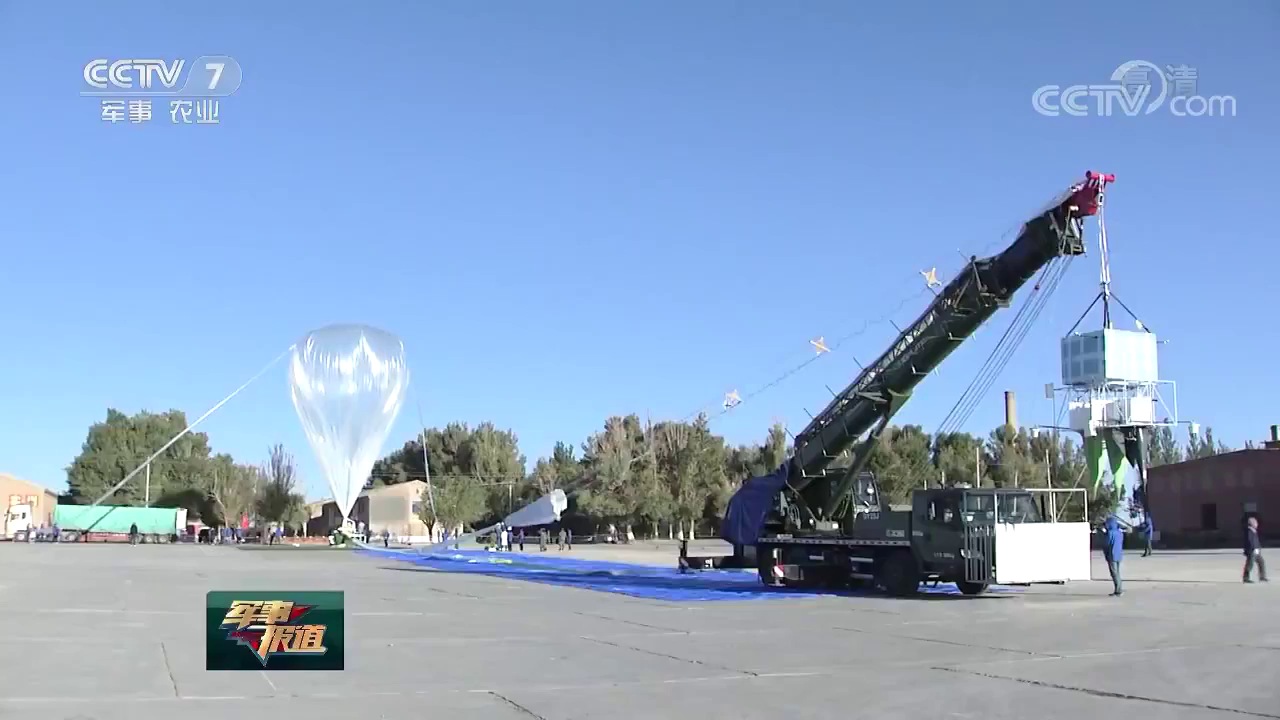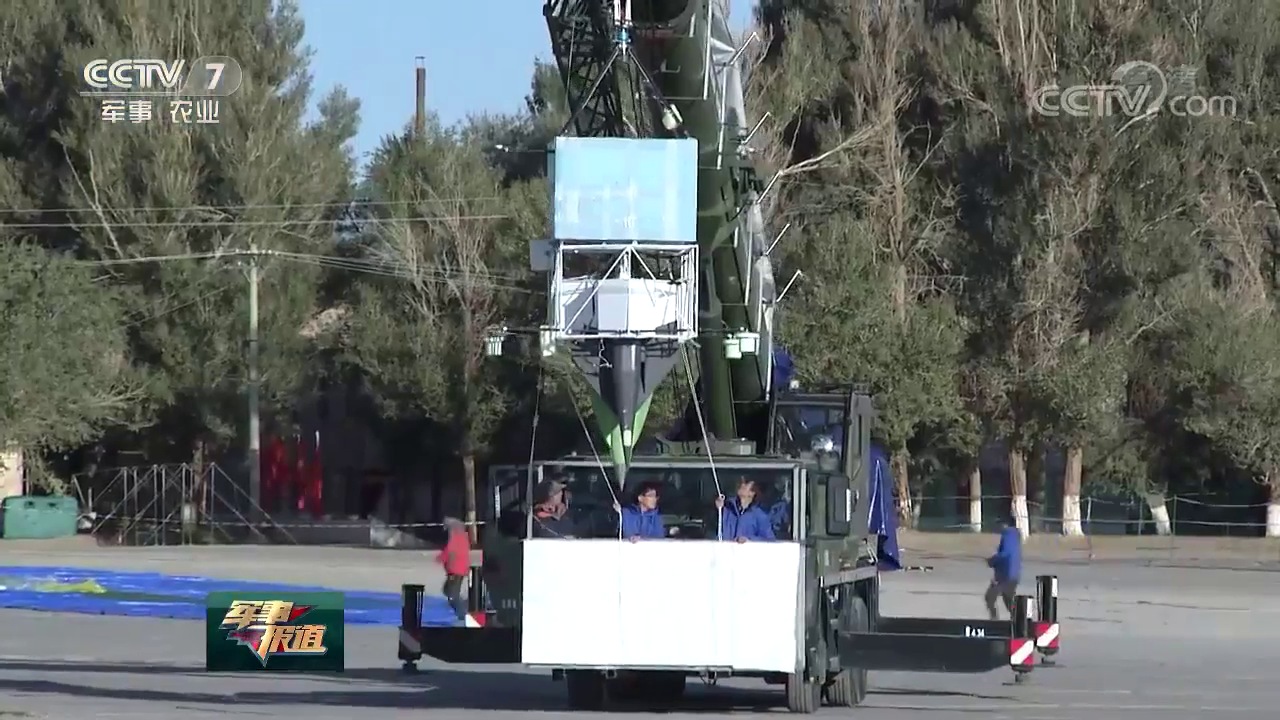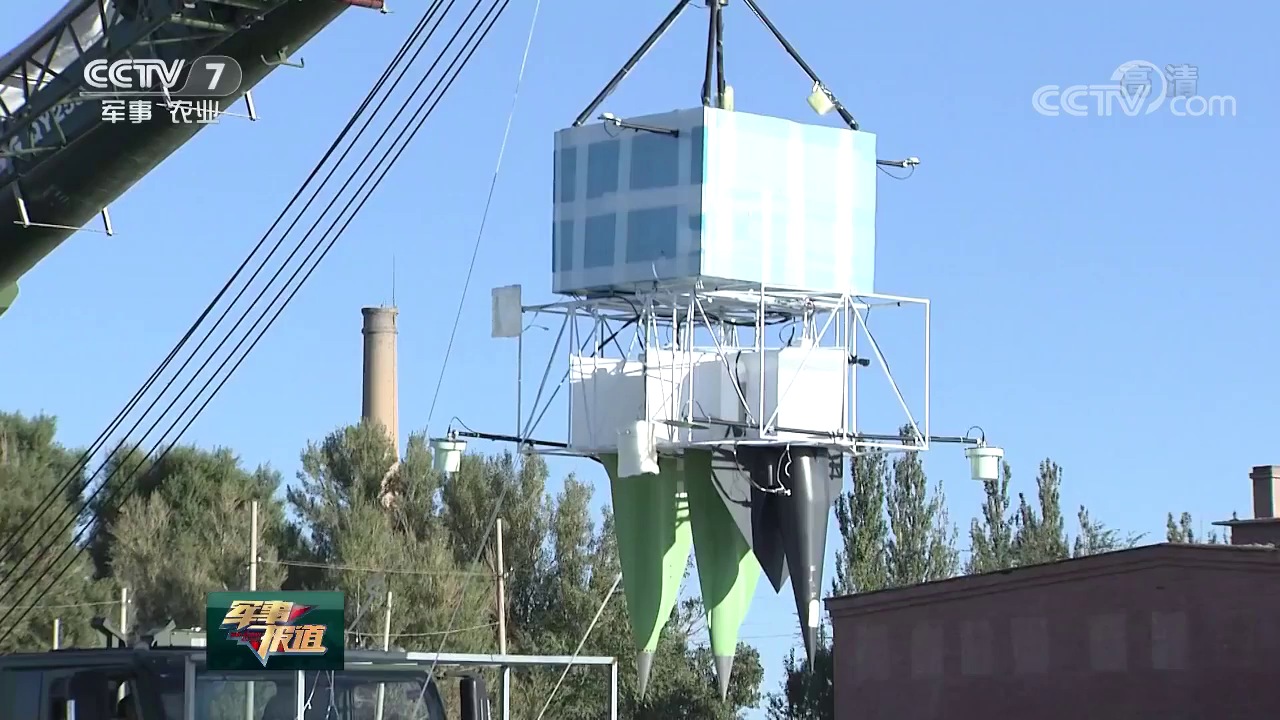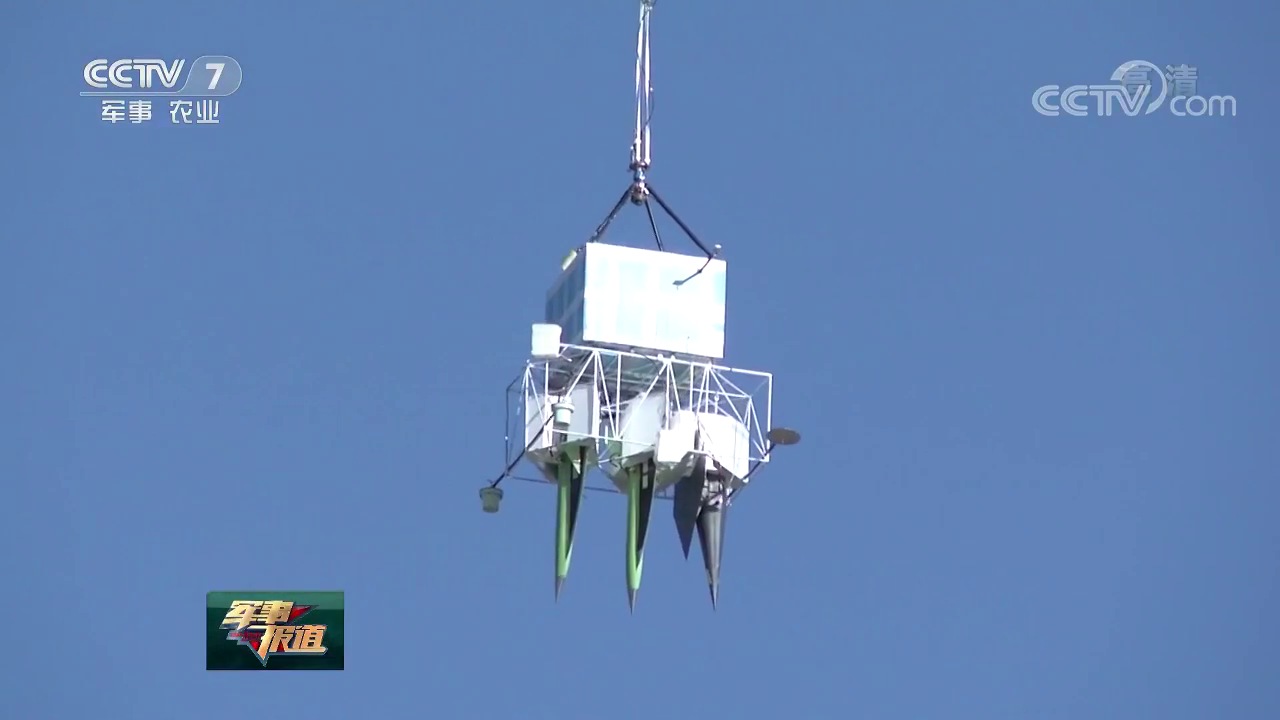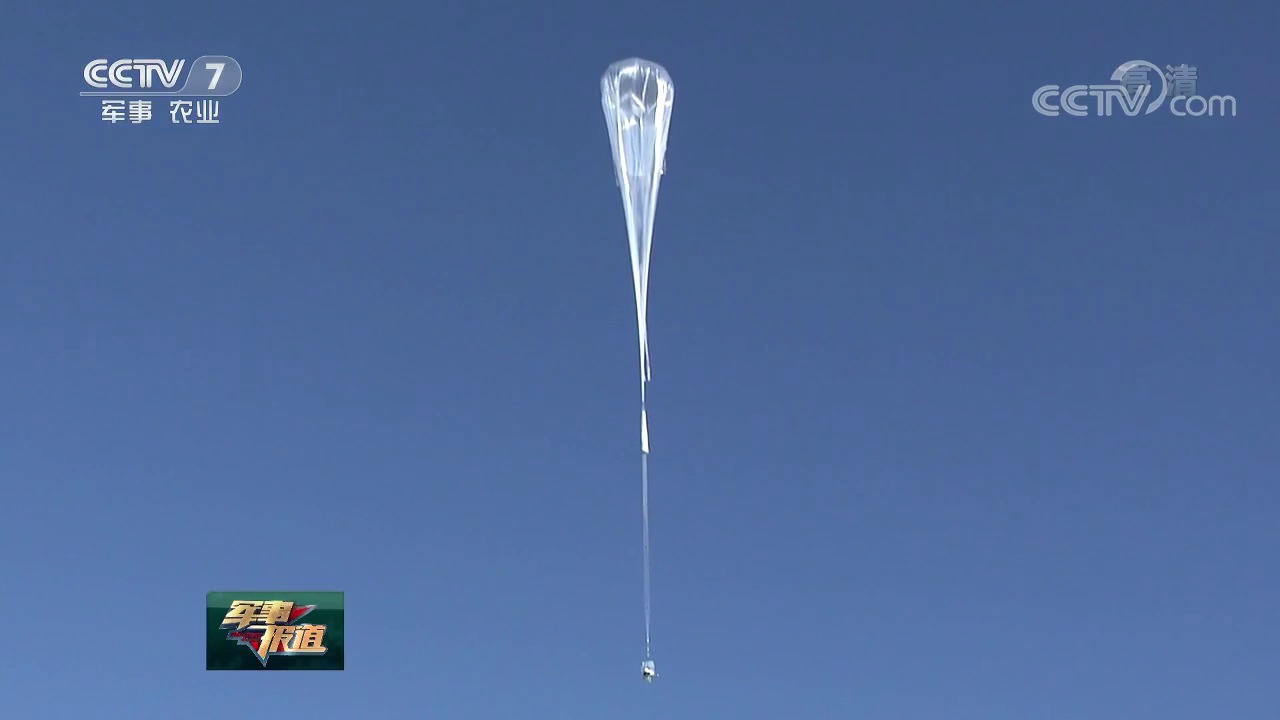Purpose of the flight and payload description
According to a television report from the Chinese national military channel CCTV-7 which was aired on Friday, September 21, 2018, the IMECH Institute (Institute of Mechanics), a subsidiary of the Chinese Academy of Sciences (CAS) successfully carried out a drop test of three small-scale hypersonic prototypes. The models were carried to an unknown high altitude using a stratospheric balloon launched that same day from the Jiuquan Space Center, in the Gobi Desert, Inner Mongolia.
The three devices which can be seen in the images at right and in the footage below, were designated respectively D18-1S, D-182S and D-183S. Once at altitude each of the test probes were jettisoned from its gondola in rapid sequence, each one recorded its own descent in free fall, then acceleration, crossing the sound barrier, aerodynamic rebound, parachute deployment and finally recovery on the ground.
As occur with these kind of missions, once the test devices were dropped, the gondola was separated from the balloon and returned to the ground on its own parachute, while the the balloon burst at a certain altitude. According to the TV segment, this was the first time in China that a test to release large-envelope missiles from a balloon has been carried out. Although not specified, it is believed that the word "large envelope" here would mean the speed envelope. The 36-second report also did not indicate which organization designed and conducted the tests, nor detailed the associated technical data.
The information was published by Henri Kenhmann in "East Pendulum" a French website that specializes in the analysis of Chinese military and aerospace news (link below).
Report of chinese TV on the mission
Details of the balloon flight
Balloon launched on: 9/21/2018
Launch site: Jiuquan Satellite Launch Center, Inner Mongolia, China
Balloon manufacturer/size/composition: Zero Pressure Balloon
End of flight (L for landing time, W for last contact, otherwise termination time): 9/21/2018
External references
- Hypersonique: Ce que l'on sait sur les 3 prototypes d'IMECH East Pendulum website
- Video Appears To Show China Testing Hypersonic Glide Vehicles Via High Altitude Balloon The Drive
14766If you consider this website interesting or useful, you can help me to keep it up and running with a small donation to cover the operational costs. Just the equivalent of the price of a cup of coffee helps a lot.

